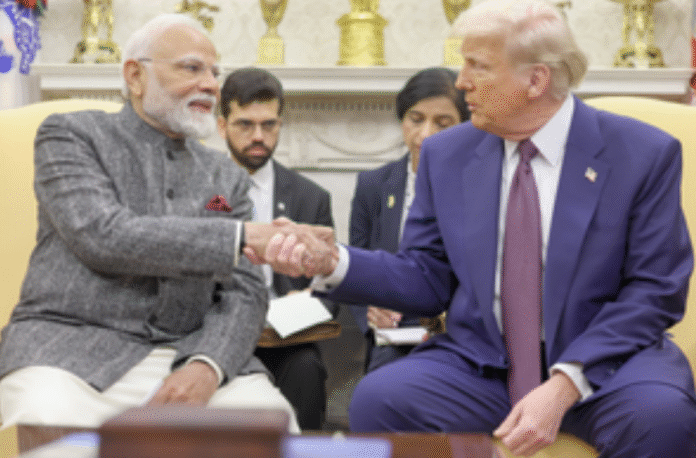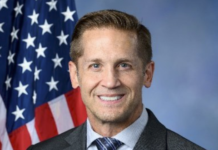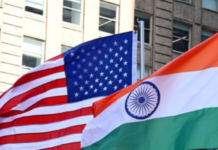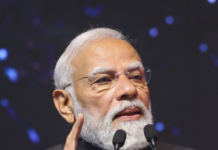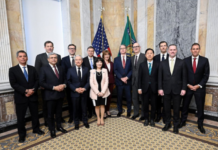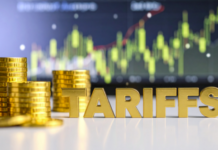WASHINGTON– A leading U.S. commentator says the recent goodwill exchanged between Prime Minister Narendra Modi and President Donald Trump signals a cooling of tensions between New Delhi and Washington, even as American newspapers spotlight India’s surprising economic resilience in the face of steep tariffs.
Gordon Chang, a Senior Fellow at the Gatestone Institute, told Fox News that Trump’s decision to soften earlier remarks on India was a welcome correction. “We haven’t lost India to China,” Chang said, pointing to Modi’s calculated decision to attend the Shanghai Cooperation Organisation summit in Tianjin while skipping the accompanying military parade. “That was a message to China and the world that he did not want to be part of an anti-Western bloc.”
Chang also backed India’s stance on U.S. tariffs, calling them “unfair” because other nations importing Russian crude were spared the same penalties.
Trump struck a conciliatory tone on September 5, telling reporters at the White House, “I’ll always be friends with Prime Minister Modi,” whom he described as “a great Prime Minister.” Modi responded within hours, publicly appreciating and reciprocating Trump’s sentiment.
While politics took center stage in Washington, U.S. media outlets zeroed in on India’s financial markets and renewable energy sector.
The New York Times reported that India’s two major stock indexes in Mumbai have climbed 10 percent in the past six months despite tariffs of up to 50 percent. The paper argued the rally reflects the growing confidence of India’s middle class and the deepening of its domestic capital markets, even as foreign investors’ share of the market has dropped sharply from 24 percent to about 16 percent.
The Los Angeles Times, meanwhile, examined India’s booming solar industry. With demand for clean energy surging at home, the paper suggested Indian firms may be better insulated from the impact of U.S. trade measures. Solar power in India now costs half as much as electricity from new coal plants, and the country’s installed capacity has expanded 30-fold in just ten years.
Together, the commentary and reporting underscore a broader theme: even as Washington and New Delhi navigate friction over tariffs, India’s economic and energy sectors are proving resilient — and political ties at the top appear to be stabilizing. (Source: IANS)


